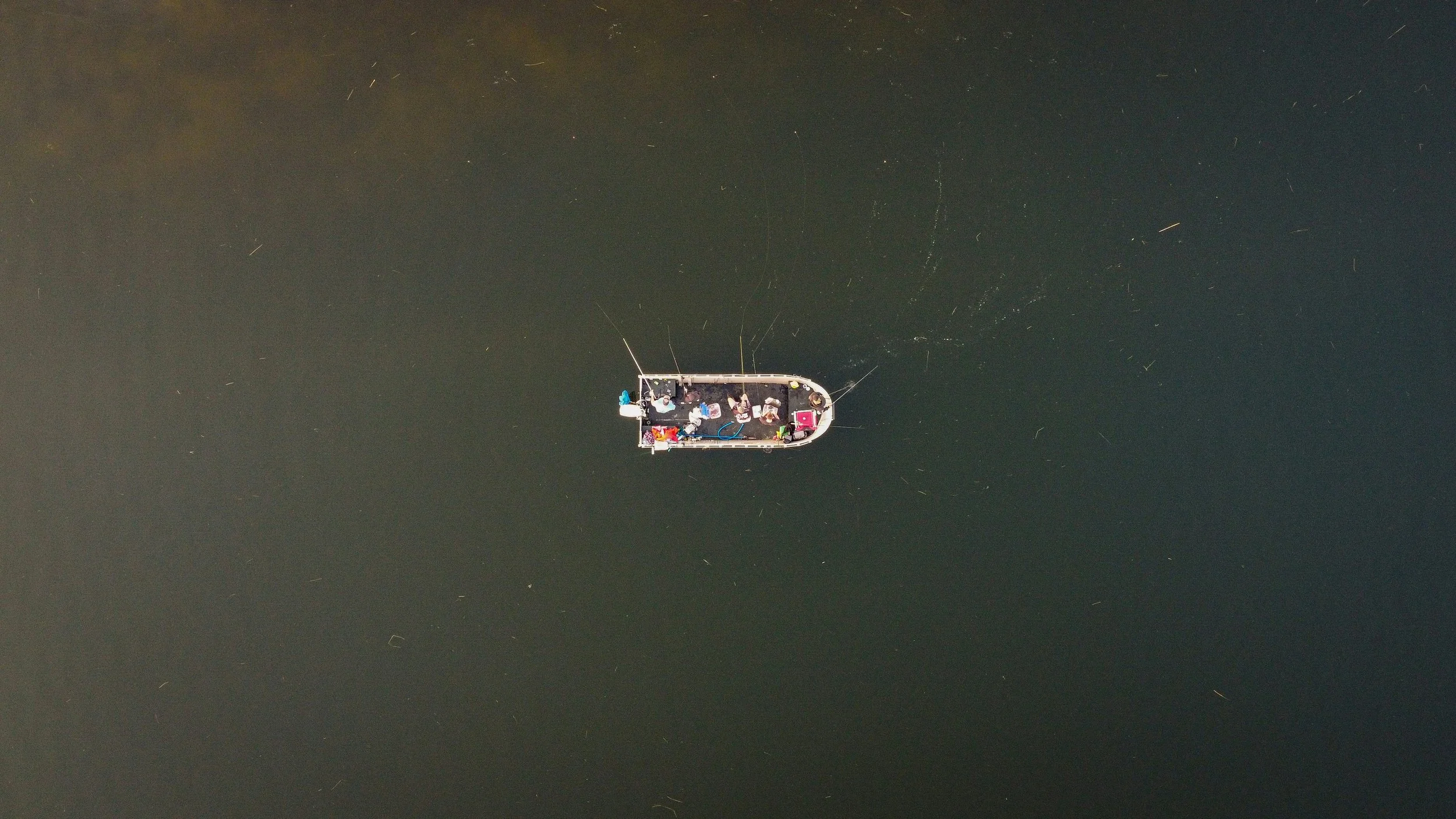What Lurks Beneath the Surface: The Trump Administration’s Recent Attacks on Venezuelan Vessels
Beginning in September 2025 and continuing through the end of the year, the United States has carried out over a dozen strikes on Venezuelan boats in international waters near the Caribbean Sea and South America. In President Trump’s words, these “lethal kinetic strike[s]” successfully prevented the trafficking of illicit narcotics into the U.S. After the first attack, he posted a 27-second video on Truth Social. Neither the Pentagon nor President Trump provided many further details on the organization to which these narcotics belonged nor evidence that these boats, indeed, carried illicit substances. Two months after the initial attacks, Trump began to organize the deployment of over 4,000 U.S. Navy members and 90 aircrafts to Latin America and the Caribbean, indicating that this conflict is likely to go further than current maritime militarism.
Critics emphasize that Trump’s unilateral military action seems to contradict his promises during his 2024 presidential campaign that he would be “the candidate of peace.” This inconsistency is also apparent in Trump’s recent policy decisions, most explicitly in his crackdown on undocumented immigration in the U.S., where he has often deployed the use of federal troops to carry out mass raids on farms and schools. The U.S. has also adopted an increasingly offensive stance by adopting the United States “Department of War” as a secondary title to the United States Department in September 2025. While Trump’s recent executive actions have occurred suddenly, they follow an unexpected pattern of hostile government action brought forth by the administration this term. Thus, amongst this uncertainty, a question remains: how will the rest of the world respond to this combative U.S. action? And, further, how will this shape the standards of further U.S. diplomatic relations in the future?
Considering the unpredictability and aggression of these attacks, Notre Dame Law School Professor Mary Ellen O'Connell indicated that these acts carry the risk of contravening international law and that killing “outside armed conflict hostilities is unlawful unless it is to save a life immediately.” Venezuelan President Nicolas Maduro stated that his government is prepared to declare a state of emergency over the strikes, indicating that the country might see no other response to U.S. aggression than military action. Additionally, Maduro fervently denied claims by President Trump, as well as U.S. Secretary of State Marco Rubio, that the Venezuelan government is intertwined with domestic and international drug trafficking. The U.S. government – both before the attacks as well as in response to President Maduro’s statements – has yet to publish evidence of these claims, nor the types of drugs that were allegedly aboard the vessels.
International guidelines regarding drug trafficking focus on the establishment of widespread, collective national regulation as a way to limit the spread of narcotics. For example, the United Nations Convention against Illicit Traffic in Narcotic Drugs and Psychotropic Substances in 1988 (of which the U.S. and Venezuela were party to) resolved, “Each Party shall adopt such measures…as criminal offences under its domestic law…: (a)(i) The production, manufacture, extraction, …transport, importation or exportation of any narcotic drug or any psychotropic substance contrary to the provisions of the 1961 Convention…” While the agreement does later state that countries should limit trafficking in international waters to the fullest extent, it also requires that “A Party which has reasonable grounds to suspect that a vessel exercising freedom of navigation in accordance with international law and flying the flag or displaying the marks of registry of another Party is engaged in illicit traffic may so notify the flag State, request confirmation of registry, and, if confirmed, request authorization from the flag State to take appropriate measures in regard to that vessel.”
If the U.S. believed that the vessels were stateless and that there was reasonable evidence that the boats were involved in drug trafficking, the U.S. then could have had authority to search the vessels without permission from a foreign government. However, Trump’s repeated statements that acknowledge Venezuela as the boats’ origin demonstrate the opposite. Describing whom the attacks targeted, Trump wrote, “TDA is a designated Foreign Terrorist Organization, operating under the control of Nicolas Maduro, responsible for mass murder, drug trafficking, sex trafficking…” Additionally, Trump has often justified the attacks by emphasizing the “drug overdose epidemic” that has led to thousands of Americans’ deaths each year (despite these deaths steadily declining over the past two years). At the same time, even if the boats did carry narcotics, the very fact that they were intended for the U.S. also remains unknown.
The attacks have had deadly impacts for the people onboard, with an estimated 72 killed. International guidelines emphasize a regard for human rights when it comes to enforcing drug trafficking and the ability of “every individual…to dignity and rights regardless of their involvement in illicit drug economies.” The Trump administration, however, has not yet addressed any potential human rights violations, emphasizing that these individuals were “suspected drug smugglers” and “narco-terrorists,” likely part of a larger foreign terrorist organization. Nonetheless, international law does not consider that such aggression is justified due to the nature or designation of individuals aboard a vessel.
Across the more than 393 international military interventions the U.S. has taken since 1776, legal scholars have found that the U.S. generally presented a position of hostility – without actually taking hostile action – before participating in diplomatic negotiations. However, within Trump and former President Biden’s terms, “the use of force” itself in international matters has instead become the U.S.’s primary policy, Tufts Professor of International Politics Monica Duffy Toft stated. As a result, Trump’s actions reflect a deeper shift within recent U.S. governmental policy regarding international relations, especially since the U.S. has historically tended to physically intercept and search vessels under similar circumstances.
The role of military force in diplomacy is certain to remain a contested subject. Though force can repudiate certain threats, it often induces further complications with foreign nations. As former President George Bush once stated, the role of force is “when the stakes warrant, where and when force can be effective, where no other policies are likely to be effective, where its application can be limited in scope and time, and where the potential benefits justify the potential costs and sacrifice.” His aspirations thus stand directly in contrast with the recent actions taken by the Trump administration.
Weeks after the initial attacks, Trump stated his intention to go even further by excising Maduro from office and allowing the C.I.A. to take control of Venezuela’s land so that they can begin to “carry out lethal operations in Venezuela” and the Caribbean. Ronald Sanders, Ambassador of Antigua and Barbuda to the United States, emphasized how those countries’ diplomacy relies not on militaristic action or force, but instead on “reasoned argument, intellectual rigor, and moral suasion.” President Trump’s actions in the coming weeks, in response to President Maduro’s declarations as well as increasing U.S. outrage over the attacks, will demonstrate how he will handle future usage of military action in regard to drug enforcement and international relations. As such, the subject of how – and whether – international peace can be reinstituted remains a contested one.

